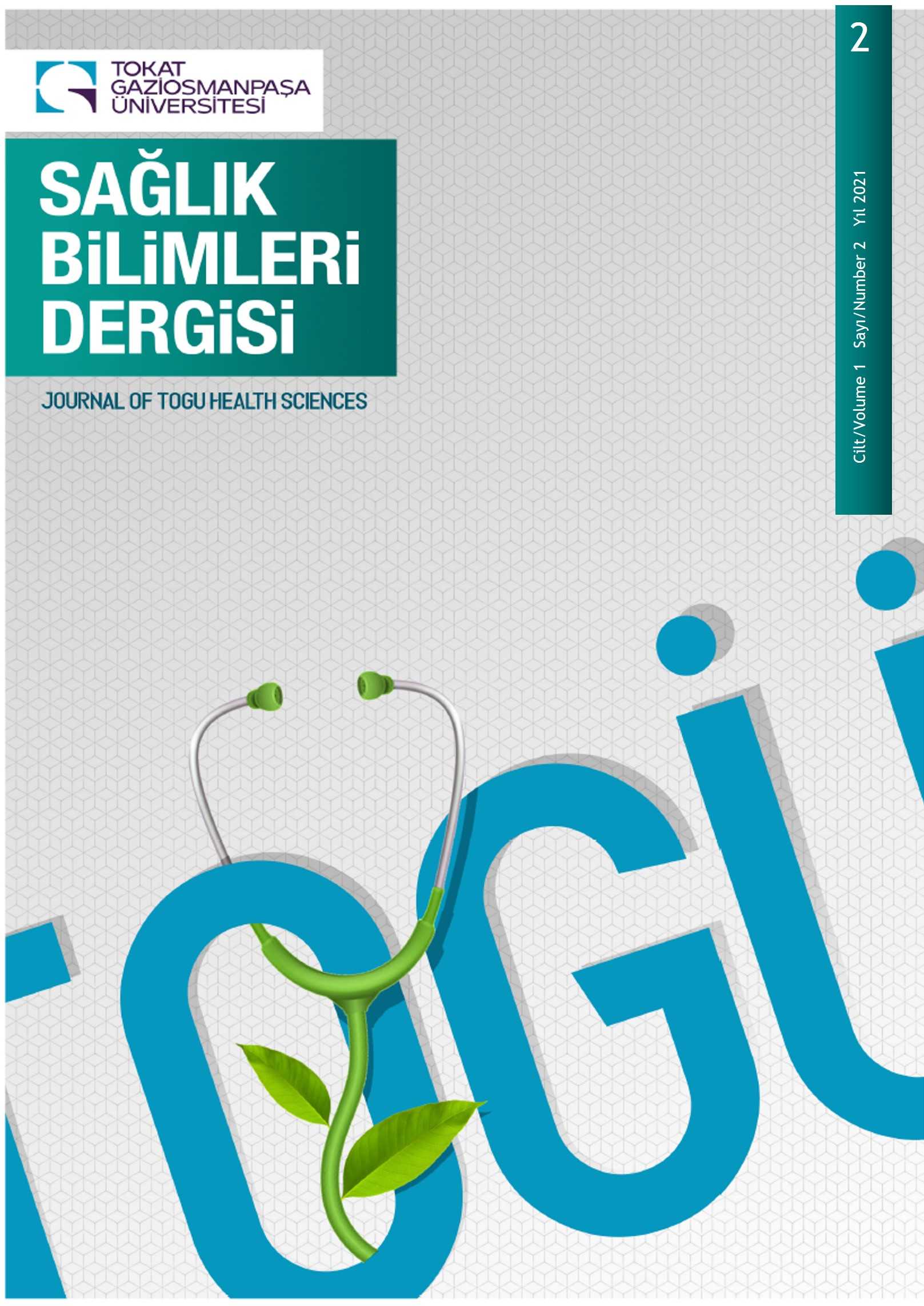
TOGU Sağlık Bilimleri Dergisi
Yazarlar: Tuba KARABEY, Şerife KARAGÖZOĞLU
Konular:-
DOI:10.52369/togusbd.6
Anahtar Kelimeler:Hemodialysis,Nursing Care,Chronic renal failure,Symptom Management
Özet: Chronic Renal Failure is a disease with high follow-up morbidity and mortality rates and disrupting life style. Hemodialysis is the process of removing harmful substances such as urea, creatinine and excess water from the body through a membrane, correcting some of the advanced and impaired kidney functions, and is an important treatment method that prolongs the life span of kidney patients. Patients experience many symptoms during or after treatment, depending on the effects of the hemodialysis process. These symptoms, which occur as a result of the disease and treatment, affect the patients negatively in many ways. In this sense, nurses play a primary role in the treatment and care process of hemodialysis patients. Nurses have basic responsibilities before, during and after hemodialysis with a holistic perspective in this process. The education and counseling service given by nurses, who regard the individual as a biopsychosocial entity, to dialysis patients should also include the individual's family. At this point, among the primary responsibilities of nurses for individuals receiving CRF treatment, with a holistic perspective and approach, predicting the problems that the individual may encounter in the home and hospital environment and providing training, counseling and rehabilitation services to solve the problems are included. In this context, nurses have an indispensable role in the treatment and care process of hemodialysis patients and they strengthen their coping by taking an active role in solving all biopsychosocial problems of patients.